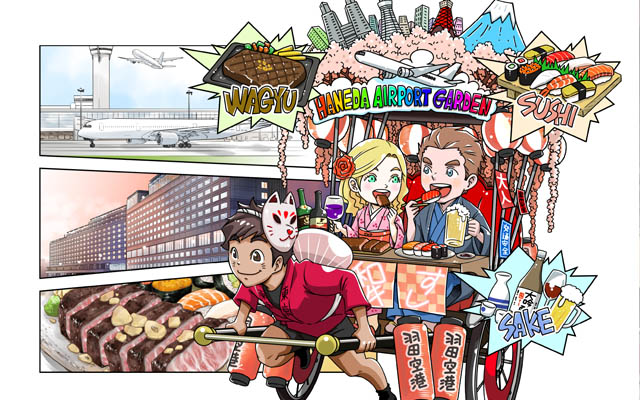THE ongoing geopolitical tensions between Tokyo and two of its nearest neighbours have made selling China and South Korea “very difficult”, according to a spokesman for the Japan Association of Travel Agents (JATA).
Speaking to TTG Asia e-Daily at the JATA Tourism Expo Japan in Tokyo last week, Yuzo Murakami of the association’s World Campaign Promotions Office, said the situation has become so dire that many outbound companies have “basically given up on those markets”.
The association’s most recent figures reinforces the claim, with 2.7 million Japanese visiting China in 2014, an enormous slump from 2012’s 3.5 million high. A similar picture is painted for South Korea, which recorded 2.3 million Japanese visitors in 2014 versus 3.5 million in 2012.
“With China, it has mainly been a problem over political issues,” said Murakami, pointing to territorial disputes and differing interpretations of history between the two governments. “Also, big cities such as Beijing and Shanghai have an image of being badly polluted,” he said.
South Korea also has political disagreements with Japan, but the bigger push factor for Japanese tourists was the end of the boom in K-pop imports, explained Murakami.
The losses experienced by China and South Korea, however, are other destinations’ gains.
“We are seeing strong interest in South-east Asia now, particularly to Taiwan, which is very cheap, close to Japan and where the people have an image of being kind,” Murakami said.
Thailand, Vietnam, Malaysia and Hong Kong are also increasing in popularity, he added.
“These destinations are popular with groups of women in their 20s to 40s, as well as older couples in their 60s, because they are friendly, easy to get to and cheap.”

















